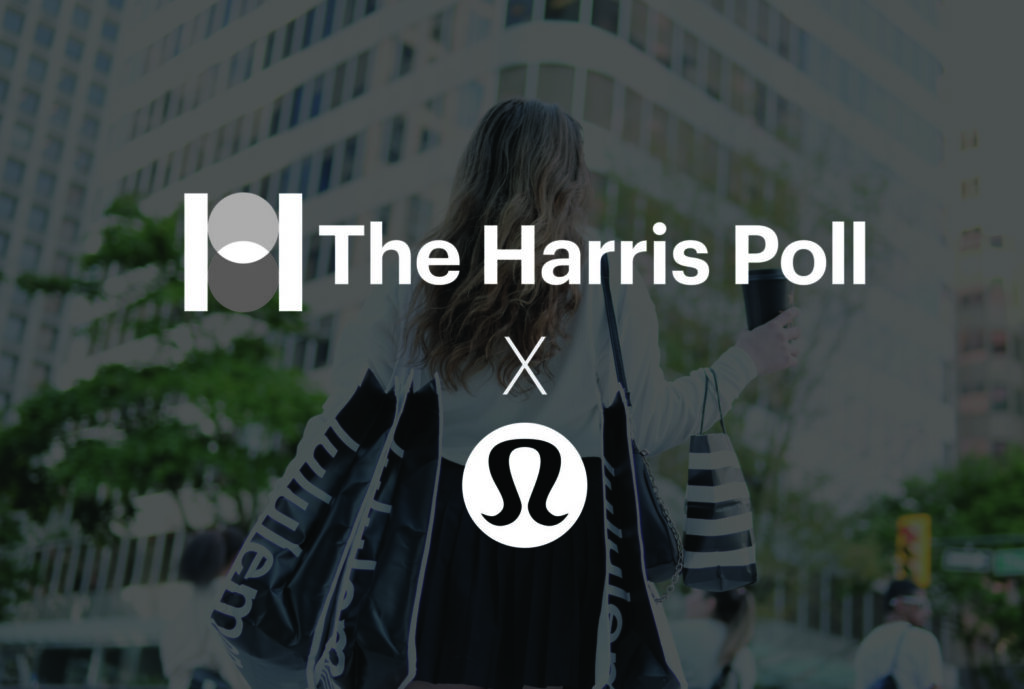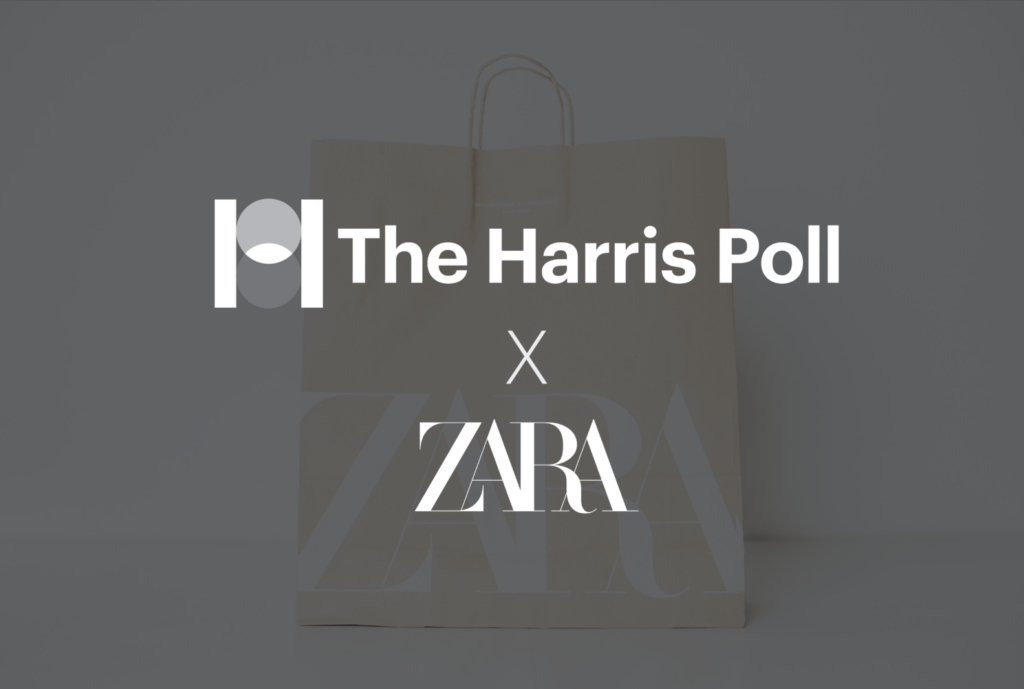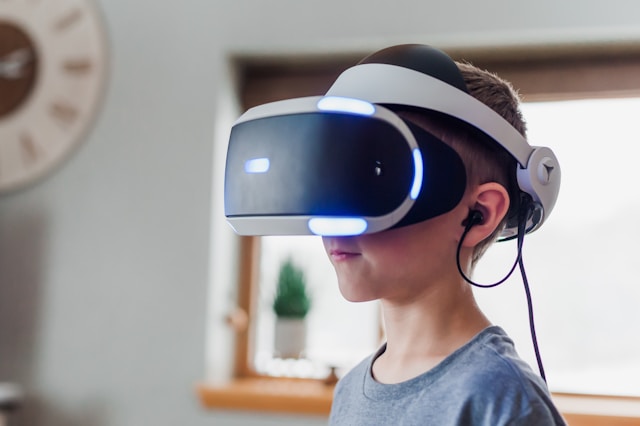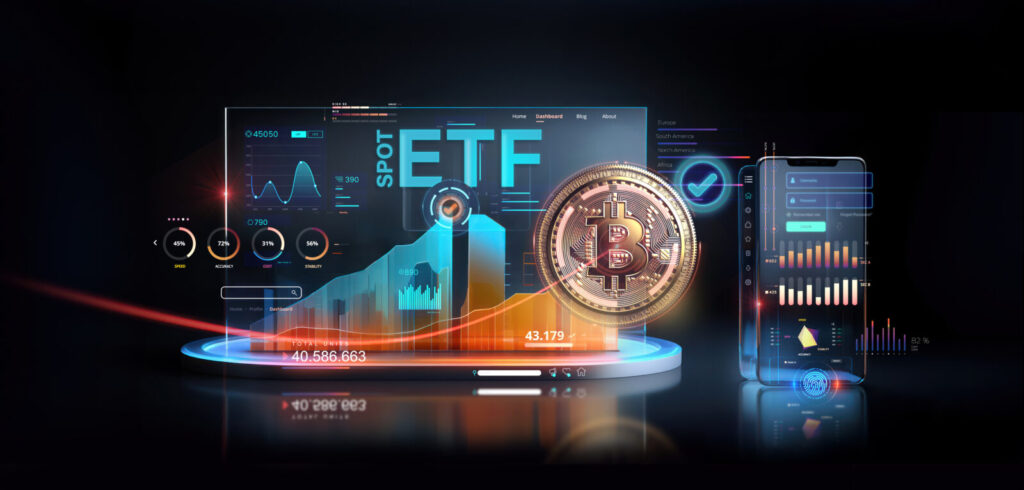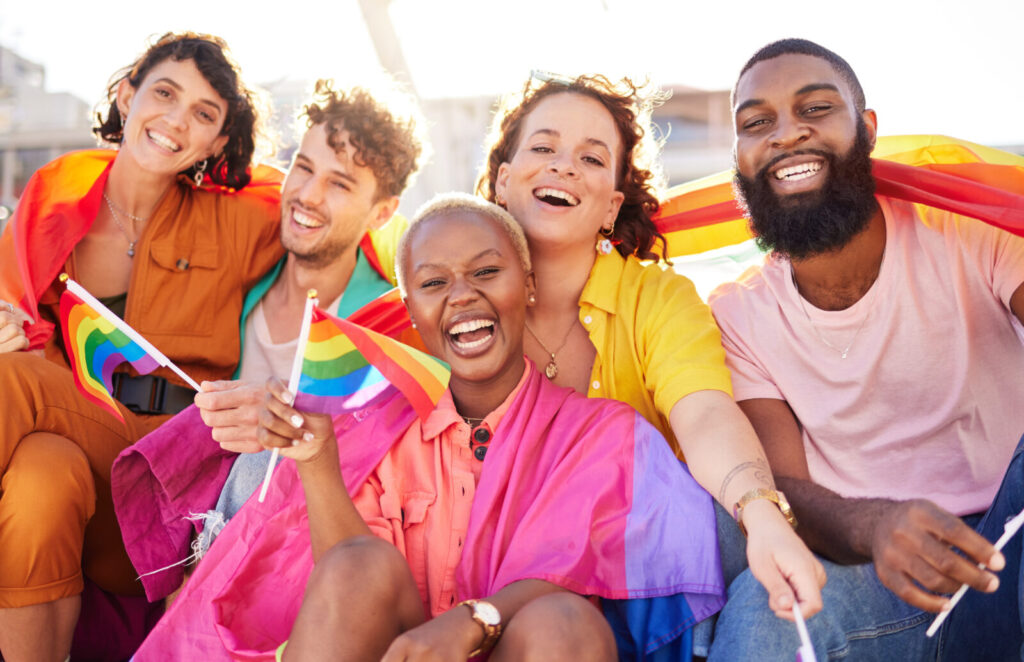Case Study • 1 min Read
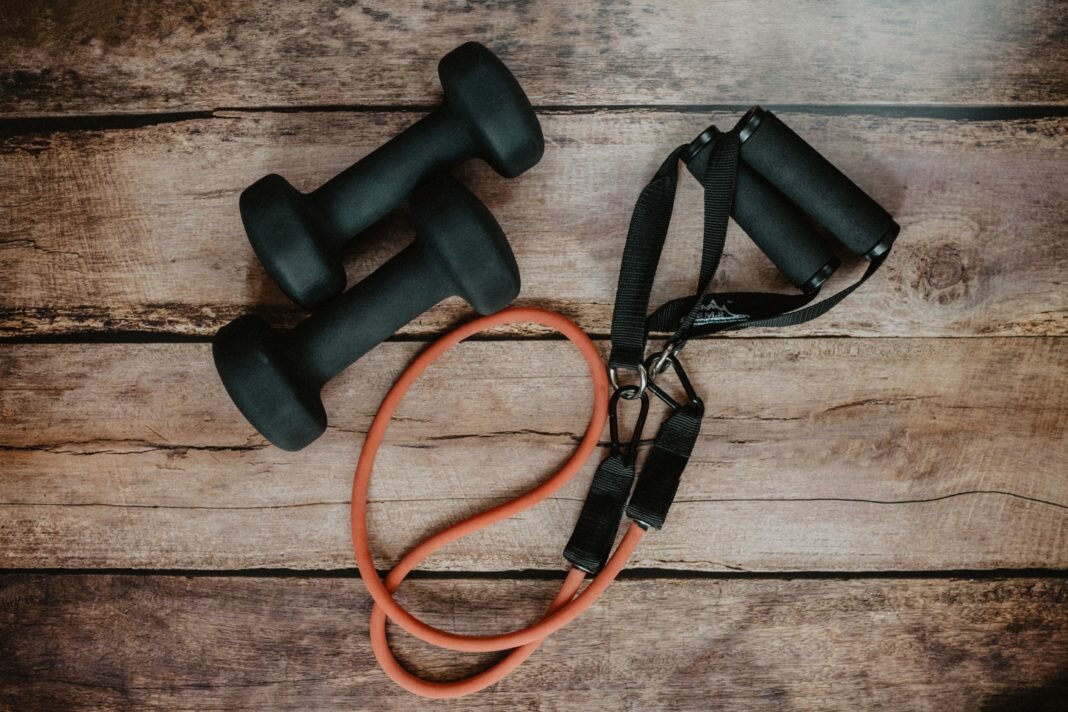
Of all the things we’re doing more, outdoor exercise seems to be helping our mental state most significantly. Being outdoors is the activity most likely to decrease anxiety, and is a top driver of motivation, relaxation and feelings of well-being. Nearly 1-in-3 Americans report increasing their amount of outdoor exercise over the past month. Additionally, 27% report increasing the frequency of offline home-based workouts. This has led to what GQ refers to as ‘The Great Kettle Bell Shortage of 2020’ – equipment for at-home fitness activities is increasingly difficult to find online.
Virtual fitness classes have proliferated during this time of ‘stay at home’. There are offerings for all ages – from kids-focused Cosmic Yoga to free CorePower Yoga for adults – and abilities – from Planet Fitness “no judgement” Facebook-based workouts to Barry’s Bootcamp High Intensity workouts on Instagram Live. This trend has also helped fitness-based brands like Peloton, that offers a variety of on-demand workouts, outperform the S&P in recent weeks and to see a surge in online searches for the brand. 18-44 yo are most likely to engage in virtual workouts (31% are engaging more), with rates of participation highest among the more affluent American’s (27% of those with HHI of $100K+ are engaging more) and among parents with children at home (31% are engaging more).

Both online and offline physical activity fuel feelings of hopefulness, relaxation, and a general sense of well-being. Tech-based workouts have the added benefit of also helping to improve participants’ sense of connection more than offline fitness behaviors. Additionally, these workouts are easy to access for most; only 6% report any tech-based issue with doing a virtual workout.
There is a trade-off– virtual workouts can also increase anxiety. As the New York Times reported, “Maggie Schuman, 32, is facing that very quandary now that her family is taking part in a Peloton challenge through the workout platform’s app. “Every day everyone sends around a green check mark, and for some reason, now that I have that in my head of this thing I’m supposed to be doing, I’m not doing it…I feel a bit like a failure.”
If fitness companies can find a way to provide an anxiety-free (or anxiety-limiting) experience, there is strong opportunity for brands to have a meaningful impact in this moment. In addition to the fact that physical activity is one of the few things making people feel better right now, stay-at-home orders will likely extend for several more weeks, and even after they are lifted, a large proportion of gym-goers are unlikely to return to gyms immediately (only 55% indicate they would go back within 3 months). Given these factors, there is a window for brands to help users forge new home-based habits and to help make their products and services ‘sticky’.
Additionally, many fitness brands are stepping up to help fill needs around Covid-19. For example, brands like Under Armour and New Balance have shifted production to manufacture masks, and brands like Fitbit Premium and Nike Training Club are offering previously-paid services and experiences for free. A majority of Americans say these types of efforts positively impact their perception of the brands.

Methodology
This survey was conducted online within the United States by The Harris Poll from March 6-8, 2020 among 2,000 U.S. adults ages 18 and older. This online survey is not based on a probability sample and therefore no estimate of theoretical sampling error can be calculated. For complete survey methodology, including weighting variables and subgroup sample sizes, please contact [email protected].
Subscribe for more Insights
Subscribe to our newsletter for the latest trends in business, politics, culture, and more.
Related Content
